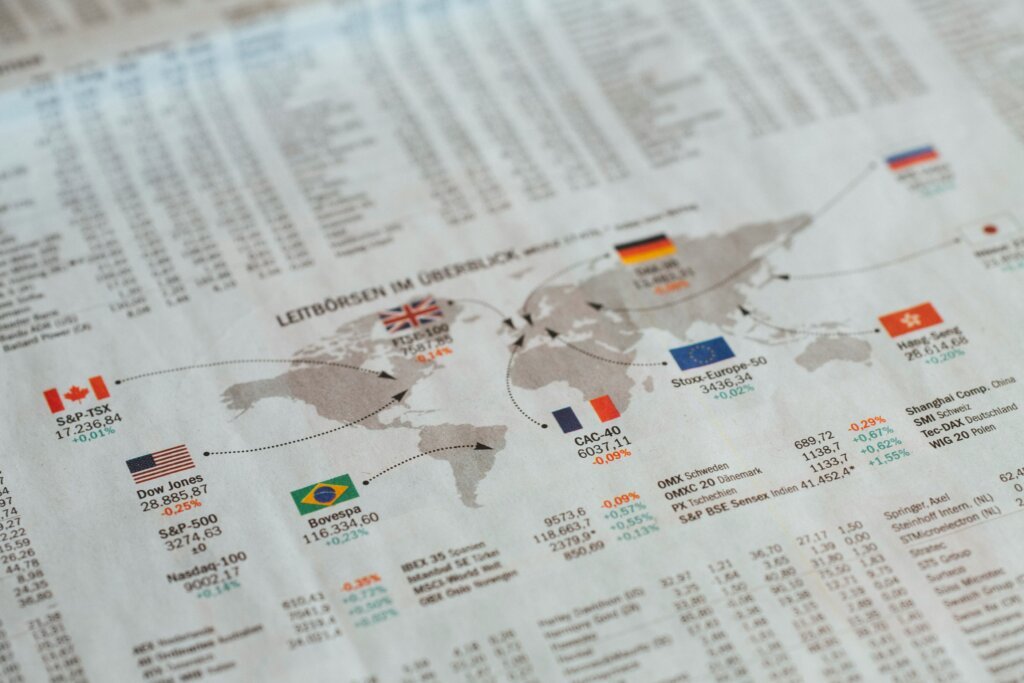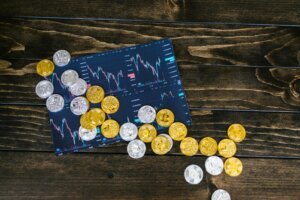Financial Statements of a Country: The Key Reports that Reflect a Nation’s Economic Health
Just as businesses rely on balance sheets and income statements to gauge performance, countries also have their own economic dashboards—critical financial reports that reveal whether a nation is thriving, struggling, or flirting with crisis.
For policymakers, investors, and even everyday citizens, understanding these reports is essential. They influence everything from interest rates and job markets to foreign investment and public services.
In this deep dive, we’ll break down the five most crucial financial statements of a country, explain what they measure, and why they matter—not just to economists, but to you.
1. The Government Budget: A Nation’s Annual Financial Plan
What Government Budget Is:
A government budget is like a household budget—but with billions (or trillions) at stake. It outlines expected revenues (taxes, fees, natural resource profits) and expenditures (public services, infrastructure, debt payments) for the fiscal year.
Key Components:
- Revenue Sources:
- Taxes (income, corporate, VAT)
- Fees (licenses, tariffs)
- Foreign aid & grants
- Profits from state-owned enterprises (oil, minerals, utilities)
- Expenditures:
- Recurrent spending (salaries, healthcare, defense)
- Development spending (roads, schools, energy grids)
- Debt servicing (interest + principal repayments)
- Budget Balance:
- Surplus (Revenue > Spending) → Rare, but great!
- Deficit (Spending > Revenue) → Common, but risky if unchecked
Why It Matters:
- Shows fiscal discipline—can the government fund services without drowning in debt?
- Impacts tax policies and public welfare programs.
- Influences investor confidence—excessive deficits can scare off lenders.
Real-World Example:
Greece’s debt crisis (2009-2018) was fueled by years of budget deficits, leading to brutal austerity measures. Meanwhile, Norway’s oil-funded budget surplus allows it to invest in a massive sovereign wealth fund.
2. The National Balance Sheet: What’s the Country Really Worth?
What National Balance Sheet Is:
A national balance sheet is a snapshot of a country’s total assets and liabilities—including government, businesses, and households.
Key Components:
- Assets:
- Public (roads, hospitals, natural resources)
- Private (household savings, corporate investments)
- Foreign reserves (cash & gold held by the central bank)
- Liabilities:
- Government debt (domestic + foreign loans)
- Corporate debt (business borrowing)
- Household debt (mortgages, credit cards)
Why It Matters:
- Reveals long-term financial resilience—can the country cover its debts?
- Helps assess wealth inequality (who owns what?).
- Warns of bubbles (e.g., if household debt is skyrocketing).
Fun Fact:
Japan’s national debt is over 260% of GDP—the highest in the world! Yet, because most is owed to its own citizens (not foreign lenders), it avoids crisis.
3. The Public Debt Report: How Much Does the Government Owe?
What Public Debt Report Is:
A breakdown of government borrowing, tracking who is owed, how much, and when it’s due.
Key Categories:
- Domestic Debt (owed to local banks, pension funds)
- External Debt (owed to IMF, World Bank, foreign investors)
- Debt-to-GDP Ratio (critical measure of sustainability)
Why It Matters:
- High debt = higher interest payments (less money for schools, hospitals).
- Excessive borrowing can trigger defaults (Argentina, Sri Lanka).
- Affects credit ratings (which determine loan costs).
Warning Sign:
When debt exceeds 100% of GDP, economists get nervous. The U.S. is at 128%—why hasn’t it collapsed? The dollar’s global reserve status buys time.
4. The Balance of Payments (BoP): Tracking Money In & Out
What Balance of Payments Is:
A record of all cross-border transactions—trade, investments, remittances—showing if a country is a net lender or borrower.
Key Sections:
- Current Account (Trade balance, tourism, remittances)
- Capital Account (Foreign direct investment, stock/bond flows)
- Foreign Reserves (Emergency cash buffer)
Why It Matters:
- Trade deficits (importing more than exporting) can weaken currency.
- Strong FDI (foreign investment) = economic growth signal.
- Shrinking reserves = risk of currency crisis (Turkey, Pakistan).
Real-Life Case:
China’s huge trade surplus fuels its economic rise, while the U.S. runs chronic deficits (paid for by dollar dominance).
5. GDP & Economic Growth Report: Is the Economy Expanding or Shrinking?
What GDP & Economic Growth Report Is:
Gross Domestic Product (GDP) measures total economic output—the most-watched number in economics.
Key Breakdowns:
- Consumer spending (Biggest driver in most economies)
- Government spending
- Business investment
- Net exports (Exports – Imports)
Why It Matters:
- Recession = 2+ quarters of negative GDP growth.
- Fast growth = More jobs, but can cause inflation.
- Stagnation = “Lost decades” (Japan 1990s, Italy today).
GDP Mythbuster:
A country can have rising GDP but falling living standards if wealth is concentrated (see: Nigeria’s oil boom with high poverty).
Why Should You Care about these reports?
These reports aren’t just for politicians—they have a direct impact on your financial well-being. They influence everything from the interest rates on your loans and mortgage to the strength of your currency, job opportunities, and even the long-term stability of your pension or savings.
✔ Interest rates (mortgages, loans)
✔ Job opportunities (strong economy = hiring)
✔ Currency value (travel, imports)
✔ Pension stability (government debt affects public funds)
To keep your finger on the pulse of the economy, start by following announcements from major central banks like the Federal Reserve, European Central Bank, or Bank of Japan—they often signal shifts in interest rates or monetary policy that affect everything from mortgages to inflation. Regularly check reports from international organizations like the IMF or World Bank for in-depth country analyses and global economic outlooks. Lastly, keep an eye on key indicators like debt-to-GDP ratios, inflation rates, and employment trends to spot potential risks or opportunities early. Staying informed doesn’t require a finance degree—just a bit of curiosity and consistency.





Comments